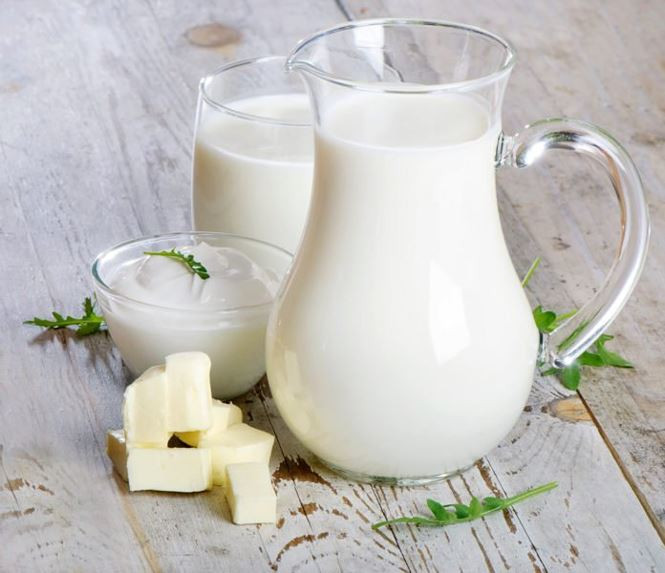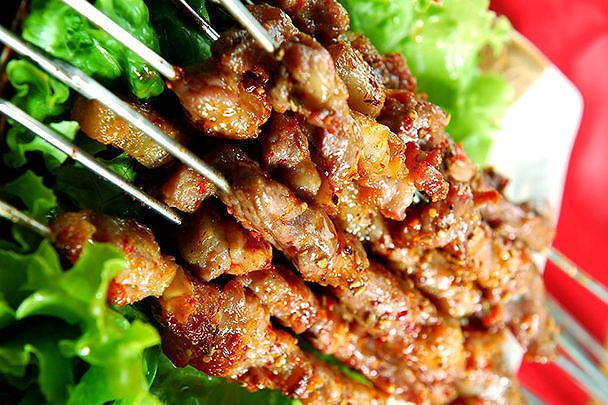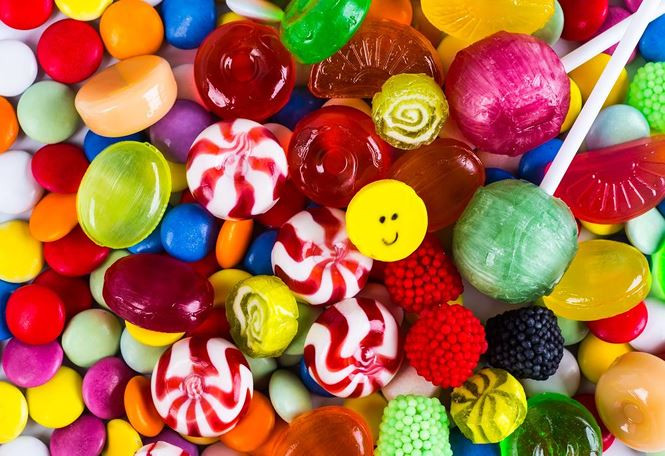9 foods that are "taboo" for women with oily skin
If you have oily skin, it's best to stay away from the foods below because they can further damage your face with acne, pimples and lots of unpleasant oil.
Skin can be classified into five basic types: oily skin, combination skin, sensitive skin, dry skin, and aging skin.
Oily skin is a skin type that is always shiny, especially in the T-zone (from forehead down nose to chin). The advantage of oily skin is that the natural oils keep the skin plump and slow down the appearance of wrinkles, helping your skin age more slowly than dry skin.
However, people with oily skin often have large pores and a high risk of acne due to overactivity of the sebaceous glands.Oily skin is genetic, but changing your diet can go a long way in helping you have healthy, less oily, and brighter skin.
Milk
Milk is a nutritious food, but it can have a negative impact on your skin, especially if it contains oil. Milk contains high levels of hormones (like testosterone) that stimulate the sebaceous glands in the skin, causing the skin to produce more oil.

Milk is high in nutrients but has a negative impact on your skin, especially if those dairy products contain oil. Milk has high levels of hormones (like testosterone) that stimulate the sebaceous glands in the skin, making the skin produce more oil. Illustration: Internet
Caffeine
Coffee and tea can dehydrate your body. This causes your skin to produce more oil to compensate, which can lead to acne and pimples.
Bad Carbohydrates (Carbs)
Processed grains like pasta, flour, cookies, snacks, and juices can wreak havoc on your skin by spiking your blood sugar levels. These bad carbs have had some or all of their fiber removed through processing. This causes your skin to produce more oil.

If you have oily skin, avoid foods that are high in fat. Consuming too much saturated fat can lead to excess oil production. Avoid red meats such as lamb, sausages, beef, bacon, pizza, butter, ice cream, cheese, cakes and pastries. Photo: Internet
Bad fats
If you have oily skin, avoid foods that are high in fat. Consuming too much saturated fat can lead to excess oil production. Avoid red meats such as lamb, sausages, beef, bacon, pizza, butter, ice cream, cheese, cakes and pastries.
Trans fats found in salty snacks like potato chips and pretzels are also very bad for your skin; These foods can also cause an increase in the oil levels of your skin as it secretes more oil to counteract the water lost due to the salty food.

Consuming a lot of sugar increases your blood sugar levels. This leads to the production of more insulin, which in turn causes the glands to produce more oil. You should avoid eating a lot of cookies, cakes, candy, and carbonated drinks. Illustration: Internet
Sugar and sweets
Sweets such as honey, cane sugar, candy, etc. can stimulate hormones that increase blood sugar levels, which can produce more oil and release it through the skin, resulting in an oily face. In addition, high blood sugar can also damage the surface of your skin, so you should limit foods and drinks high in sugar.
Alcoholic beverages
Like salty foods, alcoholic drinks dehydrate your body, which causes your skin to produce more oil to compensate and can also cause large pores and acne.

Like salty foods, alcoholic drinks dehydrate your body, which causes your skin to produce more oil to balance and is also the cause of large pores and acne. Illustration: Internet
Salty food
Salty snacks like chips, cookies, and pretzels are high in trans fats and sodium, which can damage your skin with mild inflammation. Avoiding salty snacks will go a long way toward keeping your skin healthy.
Spicy food
Spicy foods are not easily digested and excessive use of spices can create toxins in the body. Spicy foods can create a lot of heat in the body, which can make the skin oily and cause more pimples.
Nutritional powder
Fortified cereals are cereals that have had certain nutrients added to them. Found in breads, pastries, and pasta, the extra nutrients increase the body’s oil production, leading to oily skin and skin problems. You can replace fortified cereals with whole grains.

